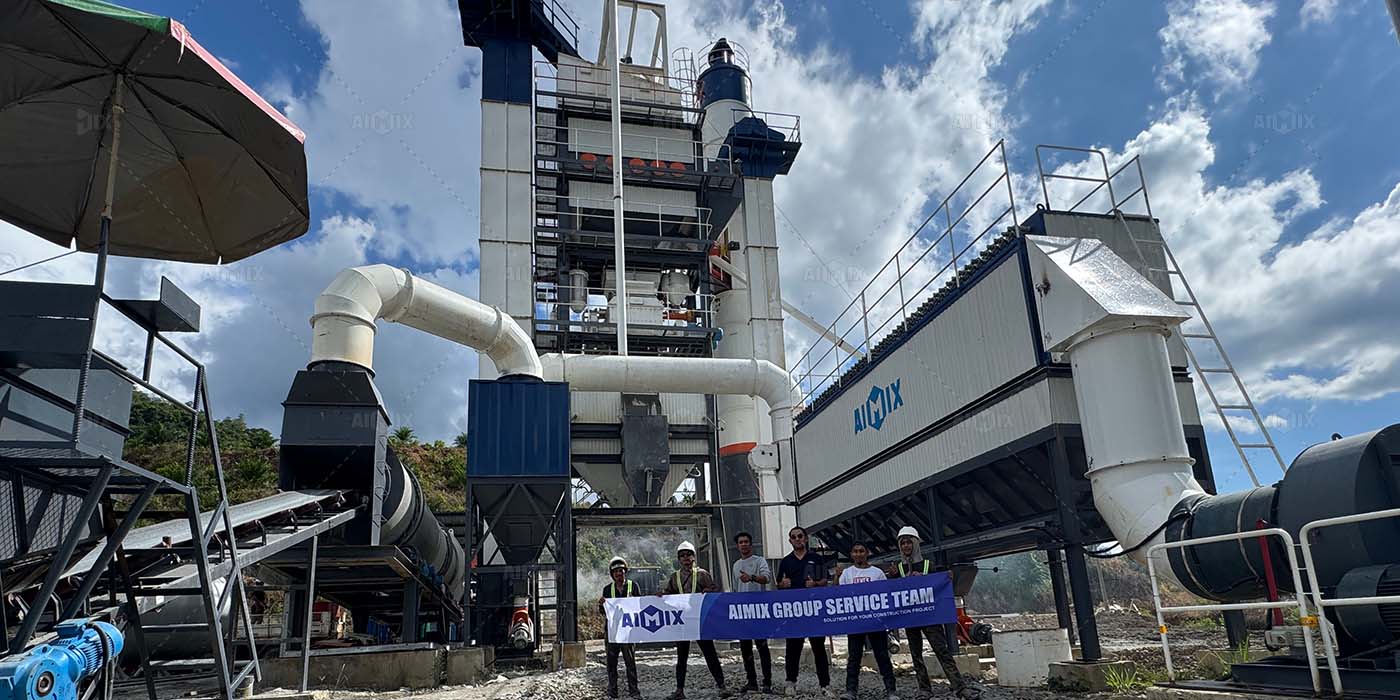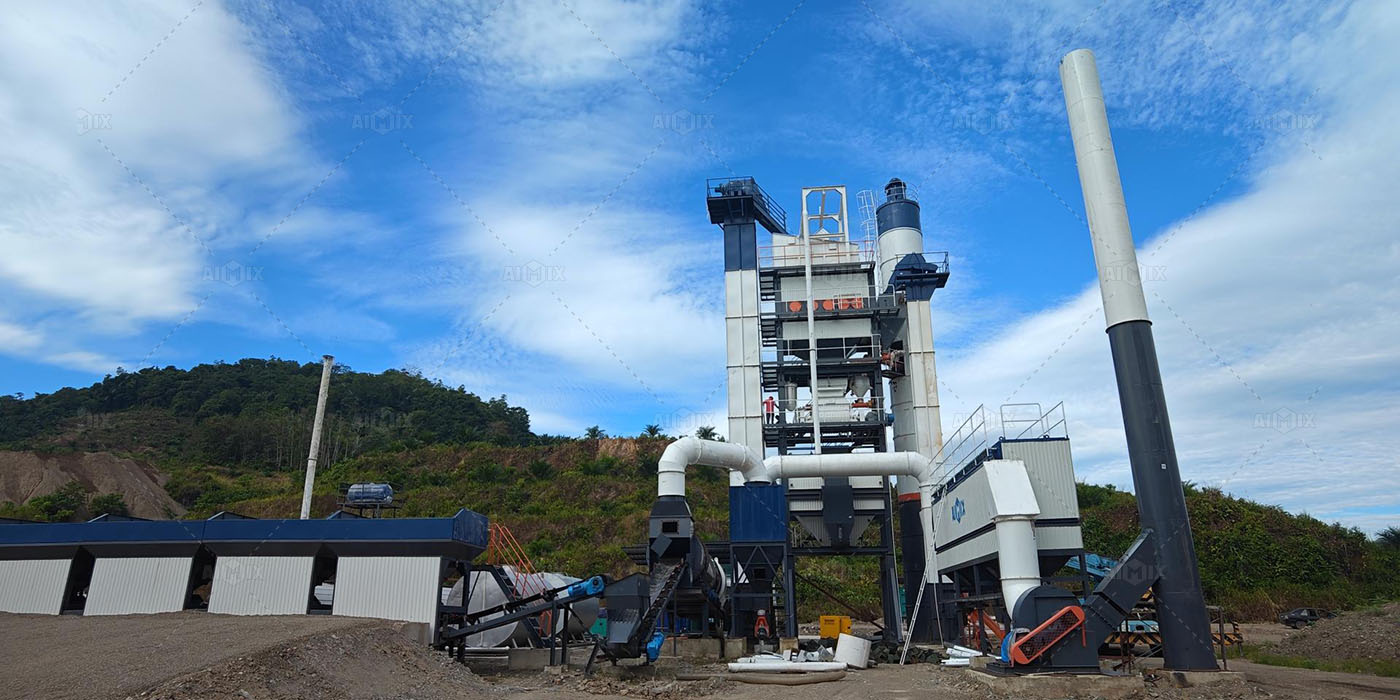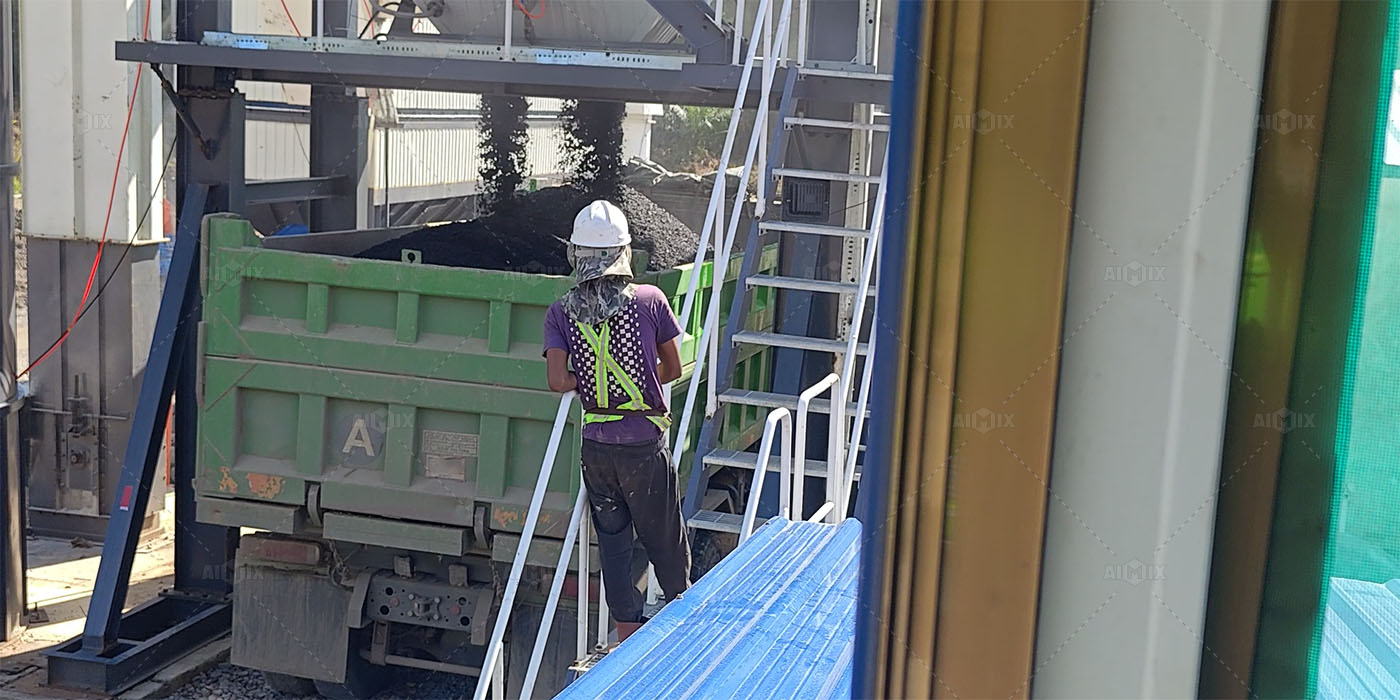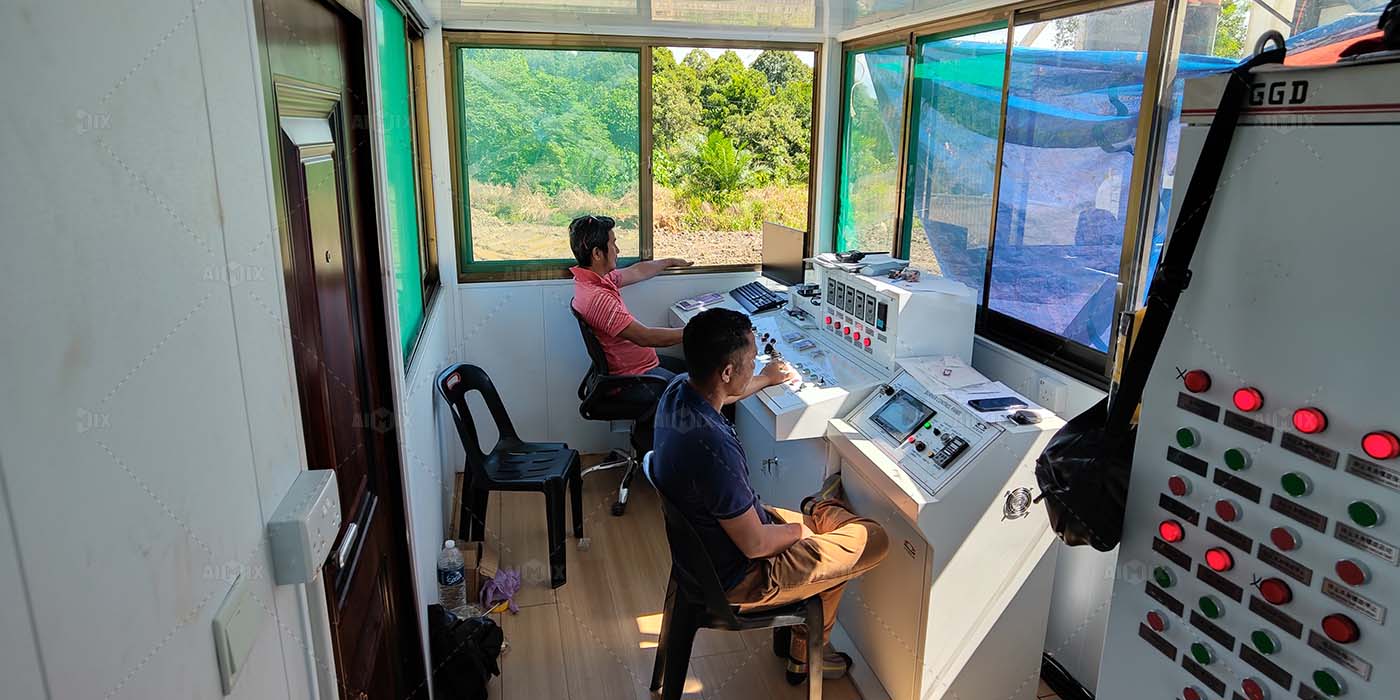Is Buying a 120 TPH Asphalt Plant for Sale Justified to Supply Multiple District Paving Contracts?
Understanding the Real Needs Behind Multi-District Paving Projects
Many contractors in Indonesia face the same dilemma: when several district governments or private developers award paving projects at once, the total asphalt demand suddenly grows beyond what a local supplier can deliver. At that moment, owning a 120 TPH asphalt plant starts to look attractive. But is it really a justified investment? To answer that, we must look at both production requirements and long-term profitability.
A 120 TPH asphalt plant stands in the middle range — powerful enough to supply several paving sites in parallel, yet compact enough to remain manageable. If your company often wins road contracts in multiple districts or has consistent yearly projects, this capacity may match your actual production rhythm perfectly. Learn more about options in Indonesia at AMP Aspal Mixing Plant.

Balancing Capacity with Contract Demand
Every investor wants to avoid two extremes: overcapacity and shortage. If your projects total less than 500–800 tons of asphalt per day, a 120 TPH plant can meet the schedule without pushing too hard. You can produce roughly 1,000–1,200 tons of asphalt per day in two working shifts, which is usually sufficient to feed paving teams across two or three districts.
Compared with buying asphalt from third-party suppliers, having your own plant ensures stable supply, quality control, and flexible scheduling. That becomes crucial when roadwork must be completed before the rainy season or within tight government deadlines. For more details about production solutions, visit Asphalt Manufacturing Plant.
However, if your average yearly output stays under 50,000 tons, it might be wiser to start with a smaller 80–100 TPH plant. The key is to align the plant’s capacity with your actual paving volume, not just a short-term peak of orders.
Cost Efficiency and Return on Investment
Owning a 120 TPH asphalt plant is not just about capacity—it’s about economics. The initial investment may seem high, but the payoff often arrives faster than expected when supplying multiple contracts. You cut down transport distance, reduce asphalt purchase costs, and eliminate supplier price fluctuations. In many Indonesian provinces, contractors who run their own plants can save 15–25% of the total asphalt material cost per project.
Moreover, when you produce asphalt yourself, you can plan production during off-peak hours to save fuel and electricity. With modern burner systems and PLC controls, fuel efficiency can reach 5.5–6.0 kg per ton of asphalt, making operations more economical in the long run.
Example: Serving Two Districts from One Base
Let’s say your company handles paving contracts in both Central Java and Yogyakarta. By placing one 120 TPH asphalt drum mix plant strategically between them, you can dispatch asphalt to both sites within two hours’ transport time. You only need one control team, one set of maintenance engineers, and one fuel supply system. This reduces logistics cost and improves coordination between your project teams.

Mobility and Setup Flexibility
Another question contractors often ask is whether to choose a stationary or mobile 120 TPH asphalt plant. The answer depends on how often you shift project locations. For companies operating in several districts over a few years, a mobile 120 TPH asphalt mixing plant provides excellent flexibility. You can relocate it within weeks and resume production quickly.
In contrast, a stationary type suits contractors with long-term, centralized operations—such as supplying regional highways or industrial zone roads. Stationary plants are usually more stable, easier to maintain, and slightly more fuel-efficient. Check more about batch plants at Asphalt Mixing and Batching Plant.
Ensuring Quality for Government and Private Projects
Winning multiple paving contracts means your clients expect consistent asphalt quality. A 120 TPH plant allows you to standardize your mix design, manage aggregate temperature precisely, and control bitumen ratio accurately. With an automatic weighing and control system, you can meet the quality requirements of different district governments without depending on outside suppliers.
Consistency in asphalt quality not only reduces rework but also builds your company’s reputation in regional markets. Many contractors who own mid-sized plants eventually expand their business by producing asphalt for nearby subcontractors as well.

When the Investment Makes the Most Sense
From a practical point of view, purchasing a 120 TPH asphalt plant becomes justified when:
- You supply asphalt for at least two or three districts simultaneously.
- Your yearly production demand exceeds 70,000–100,000 tons.
- Your projects require independent scheduling and quality control.
- You want to expand into selling asphalt mix to other contractors.
Under these conditions, the plant’s output and cost efficiency fully support business growth rather than creating financial pressure.
My Experience with Customers Across Indonesia
From my experience serving clients across Indonesia—from Sumatra to Sulawesi—contractors who invested in a 120 TPH asphalt mixing plant rarely regret the decision. Once they stabilize their production system, they gain more control over delivery time and quality, which often leads to winning more tenders in nearby districts. The investment not only improves profitability but also strengthens their market position.

Conclusion: Invest Smart, Build Stronger
If you aim to handle multiple district paving contracts and seek long-term growth, investing in a 120 TPH asphalt plant for sale is a smart strategic move. It allows you to control your production schedule, manage material costs, and expand business opportunities. The key is to match your plant’s capacity with your real project demand and choose a reliable supplier who offers installation, training, and after-sales service.
I’m ready to help you select the right asphalt plant model for your district projects and guide you through setup, operation, and maintenance. Feel free to reach out for a customized plan that fits your production goals and local conditions in Indonesia.